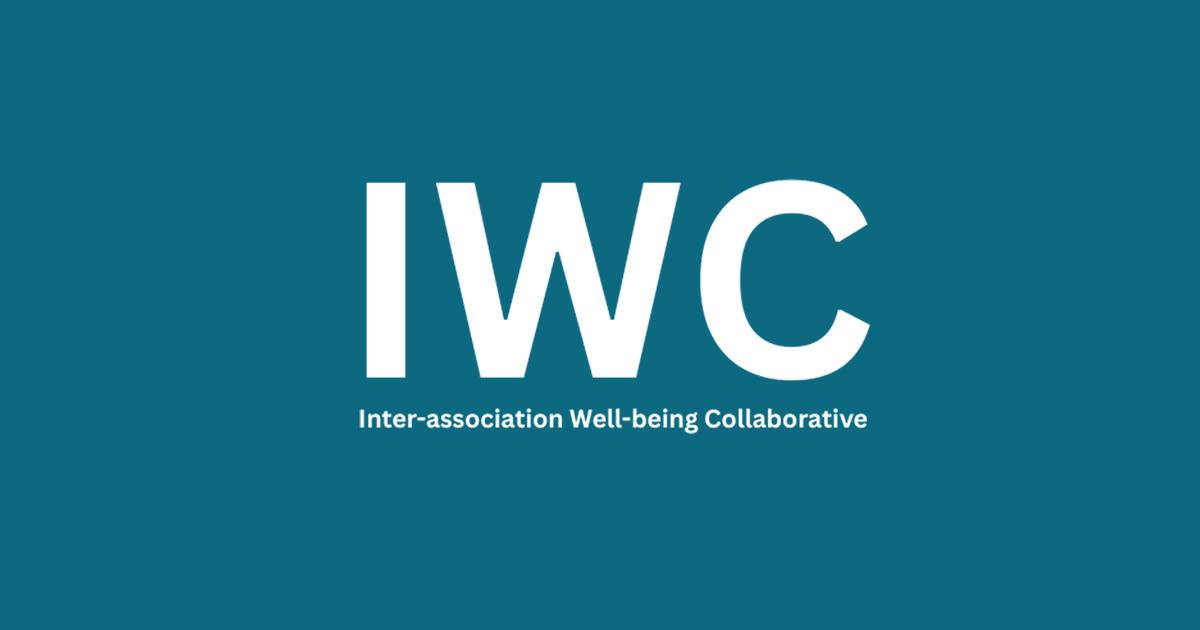Higher education is in the midst of perhaps unprecedented change. Political activism is becoming more complicated[1] as political interference with decision-making increases.[2] Enrollment challenges face precipitous declines[3] while presidential tenures become shorter[4] and staff turnover accelerates. Has there ever been a more important time for seasoned staff who are prepared to lead institutions through these changes?
In recent years, higher education staff throughout North America have increasingly expressed concern about compensation, work/life balance, and sense of agency over work. In fact, 24% of all staff are actively seeking roles outside of higher education, and 70% of staff at large or public universities would consider changing jobs. This dissatisfaction not only affects morale and wellbeing, but also raises questions about both the perceived value and long term future of higher education. How can higher education address these issues, retain staff, and fundamentally transform its core conditions to assure a bright future? To find out, ACUHO-I, NIRSA and SCUP in partnership with Compass Group USA recently conducted a national survey of college and university staff and the results from over 400 respondents provide action for a brighter future.
Higher Education 2023 Leadership Insights
1) Compensation: Recognize Worth to Attract and Retain Talent
One of the foremost concerns is compensation. Plainly stated, many staff believe they are underpaid relative to workload, credentialing, and years of service. This concern is exacerbated by the perception that they could earn higher pay in other industries for similar scope of work. Eighty-two percent (82%) of staff list higher pay as the top reason for seeking a new role elsewhere in or beyond higher education. To retain talent and motivate staff, higher education institutions should reevaluate compensation structures to better align with standards outside of higher education, and find meaningful ways to recognize staff contributions and service. Higher pay itself may improve retention since 76% of staff indicated that they would be willing to stay in higher education if their compensation improves.
2) Work/Life Balance: Nurture Wellbeing for Enhanced Resilience
Although more than half (57%) of staff are satisfied with their current roles, overall satisfaction has dropped 27% from only five years ago (when it was 78%). Aside from compensation, poor work/life balance adversely impacts staff morale and mental health. Overbearing workloads or understaffed conditions lead to stress, burnout, and a desire to seek alternative employment. By addressing staff shortages and rightsizing workloads, institutions can enhance wellbeing and boost employee satisfaction.
3) Sense of Purpose: Acknowledge Staff for their Contributions
Staff seek acknowledgment and appreciation for their contributions and they want to know their work matters to their supervisors and to the institution. In fact, 56% of staff report “sense of purpose” as the feeling they most enjoy about working in higher education. Colleges and universities can help staff feel they matter by recognizing their contributions to the mission of higher education and by giving leaders the skills training needed to explicitly describe how staff efforts make a difference.
4) Working Environment: Make Changes to Improve Conditions
More than half (57%) of staff note that “working in an education setting” is what they enjoy most about their roles. Thus, leaders should help staff understand how their work connects directly to the mission of higher education to differentiate higher education from non-higher education contexts. By prioritizing the improvement of the working environment, institutions can nurture innovation, creativity, and employee satisfaction.
5) Leadership: Shaping a Better Future
While most (75%) employees feel supported by their direct management, only 40% feel supported by campus leadership, and 48% indicate the need for more training. Feeling supported is fundamental to wellbeing. Leaders at all levels who champion wellbeing, advocate for fair compensation, and support career advancement are crucial to staff satisfaction and retention. Institutions have a unique opportunity to make a difference in career satisfaction by providing leadership skills training and time for professional development.
Transformative Measures: A Call to Action
Higher education’s challenges are complex and experienced staff are needed to lead into the future. Colleges and universities must commit to transformative measures that encompass improved compensation structures, more supportive working environments, increased training and development opportunities, and affirming and appreciative cultures. These actions, if implemented with staff-centric care, can reshape the higher education profession, attract and retain top talent, and ensure its relevance and impact on society for generations to come.
Join the conversation
Join me on January 25 for NIRSA’s Senior Leaders Ideas in Motion roundtable. We’ll discuss this report, brainstorm action steps, and uplift ideas that can hep us best serve our teams, communities, and, by extension, our students. Register today.
Look for other opportunities to continue this conversation throughout the year, including at the NIRSA 2024 Annual Conference in Phoenix!
About this research collaboration
ACUHO-I, NIRSA, SCUP, and Compass Group came together in March 2023 to create a survey of insights from our communities. The survey was intended to better understand the challenges and benefits of careers in higher education, assess employee preparedness for various events or challenges, and identify opportunities to improve training and development. Together, we hope to help facilitate continued conversations across campus silos in support of the growth and development of higher education professionals.
Each organization sent the survey tool to their communities. All data was collected anonymously.
Acknowledgements
Thank you to Compass Group USA for providing the resources to conduct this study. We thank the ACUHO-I, NIRSA, and SCUP communities for providing their insights in our collaborative efforts.
References
[1] Chatterjee, A. and Matherly, C. (2023, October 17). As War Rages in Gaza, Colleges Feel the Heat. Here Are 5 Things to Know. The Chronicle of Higher Education. https://www.chronicle.com/article/as-war-rages-in-gaza-colleges-feel-the-heat-here-are-5-things-to-know?sra=true.
[2] Wippman, D. & Altschuler, G. C. (2022, April 10). Political interference in higher education is becoming endemic. Inside Higher Ed. Inside Higher Ed. https://www.insidehighered.com/views/2022/04/11/political-interference-higher-ed-increasing-opinion.
[3] Knox, L. (2023, May 12). Grasping for a foothold on the enrollment cliff. Inside Higher Ed. https://www.insidehighered.com/news/business/revenue-strategies/2023/05/12/grasping-foothold-enrollment-cliff.
[4] Jesse, D. (2023, April 14). Portrait of a presidency. The Chronicle of Higher Education. https://www.chronicle.com/article/college-presidents-are-less-experienced-than-ever-and-eyeing-the-exit.
- For more information, contact NIRSA Director of Advocacy and Strategic Partnerships, Erin O’Sullivan.
Pam Watts is Executive Director of NIRSA: Leaders in Collegiate Recreation, headquartered in Corvallis, Oregon. Pam is a Certified Association Executive and she can be reached at Pam.Watts@nirsa.org
Loren Rullman, Ph.D. is currently Principal & Director, Higher Education for Workshop Architects.
Kelsey Harmon Finn is currently VP Strategic Initiatives for Compass Group USA, Inc. and host of the Campus Confidential podcast; you can email her at kelsey.finn@compass-usa.com.








